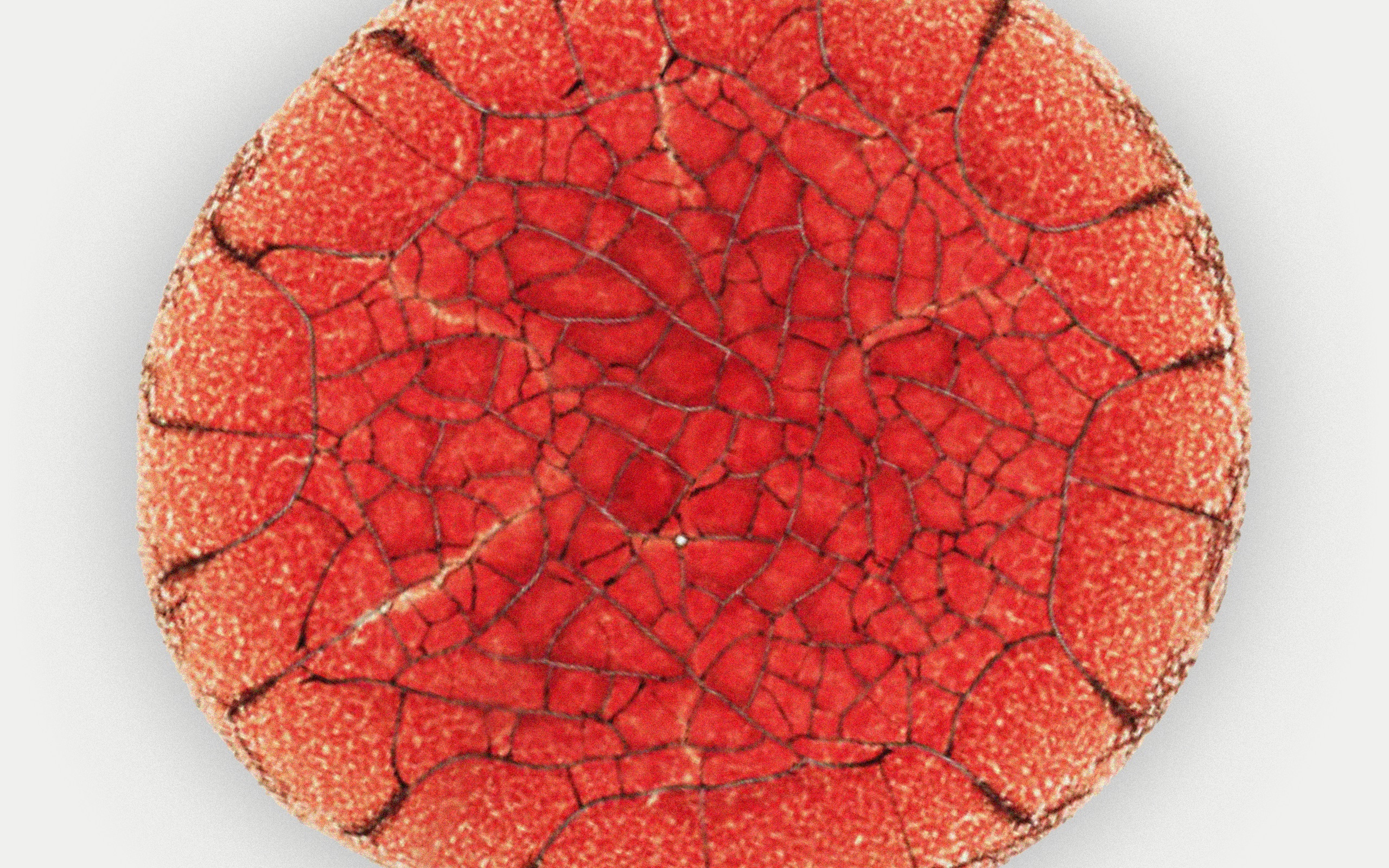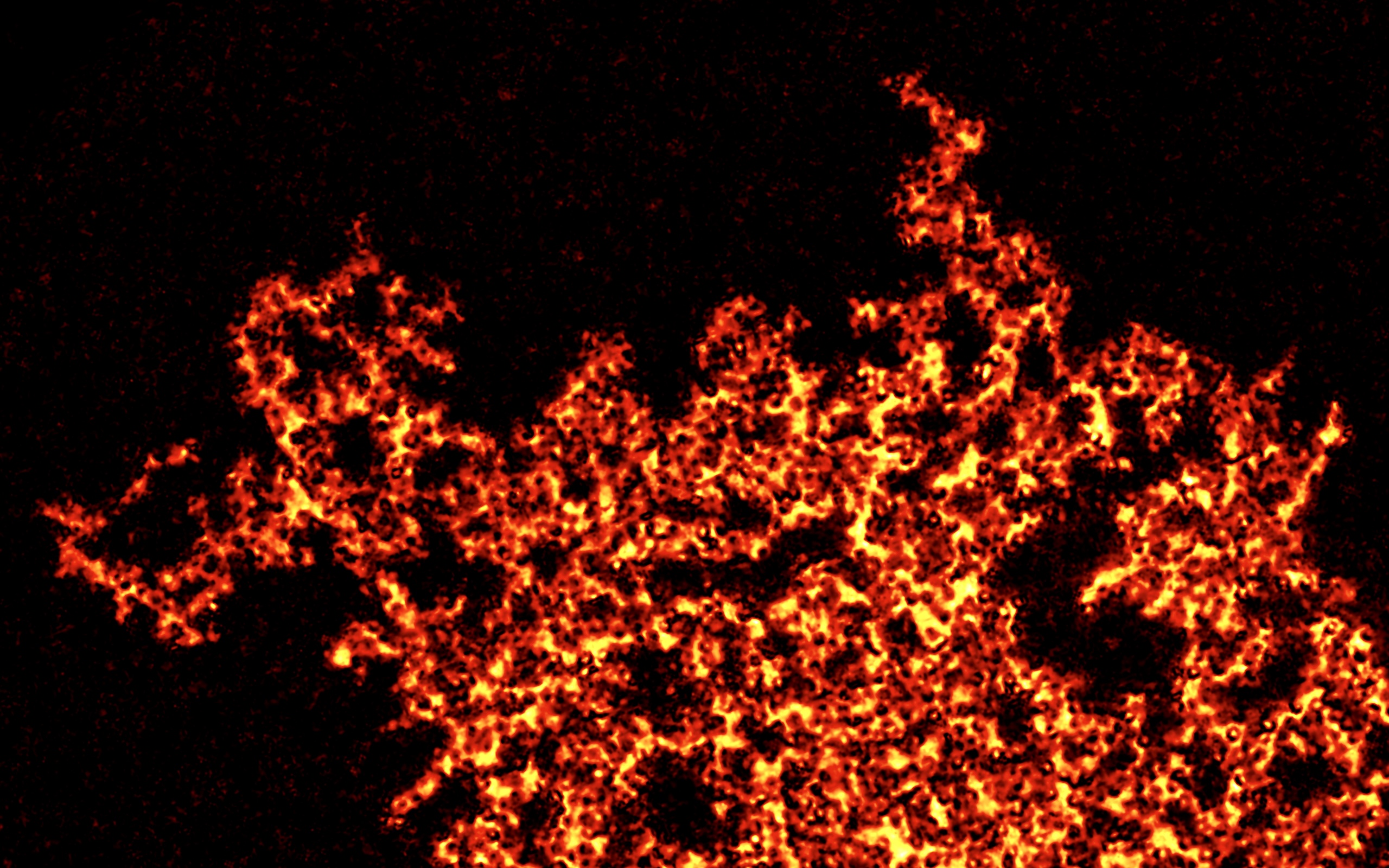Research
At the Institute for Energy and Environmental Flows, we are driven to research applied problems in order to find out something fundamental about the science behind them.
Our research spans subjects ranging from volcano dynamics, carbon sequestration, ocean mixing and ice sheet evolution, through to microscopic encapsulation technology, fundamentals of wetting and corrosion, flow in permeable rocks, and most recently granular flows and fluid mechanics for sustainability and the energy transition. Our work is characterised by the combination of experimental data, theoretical modelling and numerical analysis to enable quantitative description of many complex and often multiphase flow processes.
Over the past 20 years, our research has impacted many key areas, such as the design of low energy ventilation systems for buildings, new insights into carbon sequestration technology, improved functioning of lubricants, and new encapsulation processes for bio-active washing powders. Current areas of interest include research on carbon storage, low energy building design, electrolytes and batteries, geothermal heat, deep ocean mixing, pollutant transport and dispersion, surface coatings, corrosion, and water management and treatment.
We host a wide range of researchers at IEEF, from undergraduate students to highly established professors, in a friendly atmosphere that fosters conversation and collaboration. We offer annual fully-funded PhD scholarships and are always interested to hear from researchers who would like to join us or to learn from us. If you are interested in working or studying at IEEF, please see our list of available roles and projects or contact the relevant member of staff.



